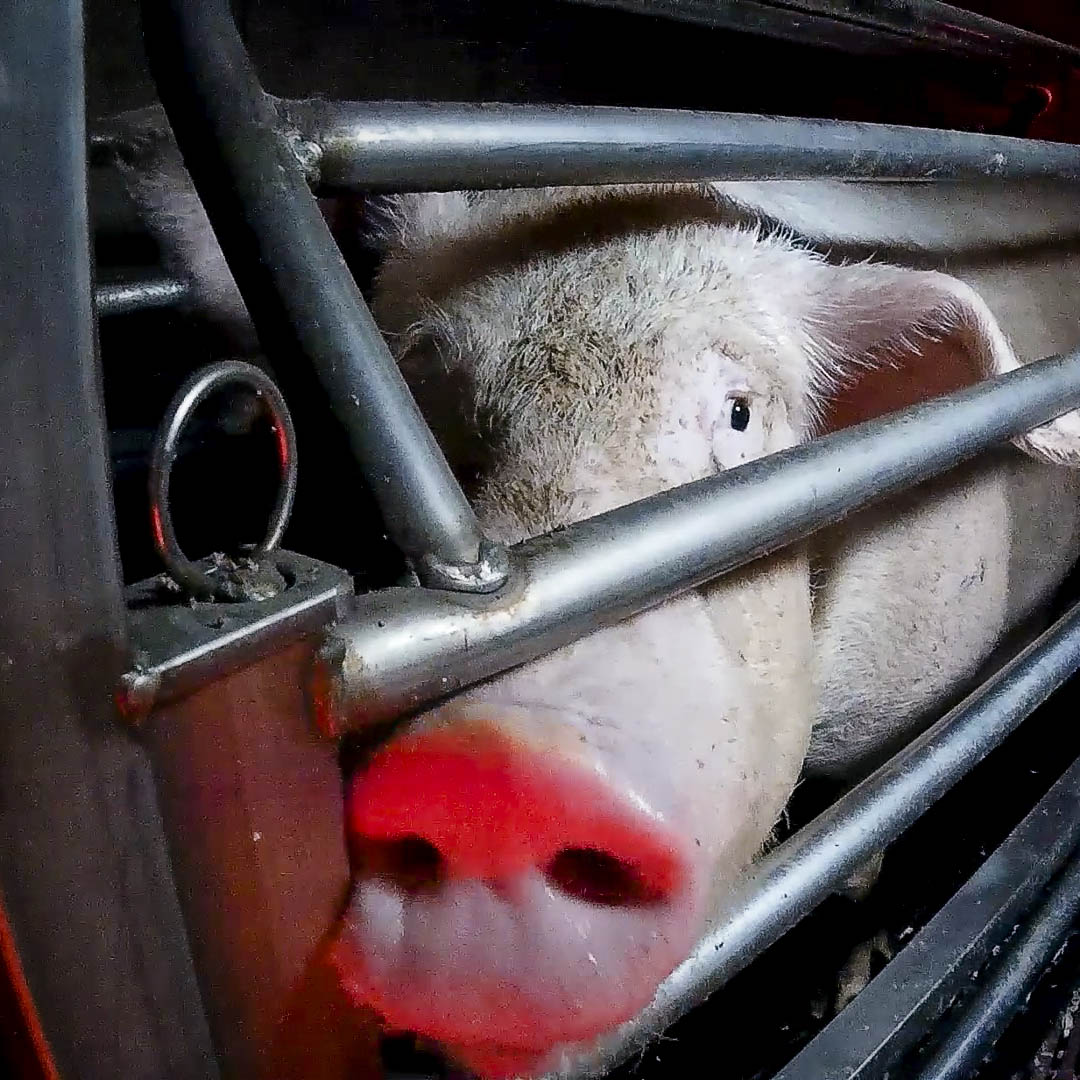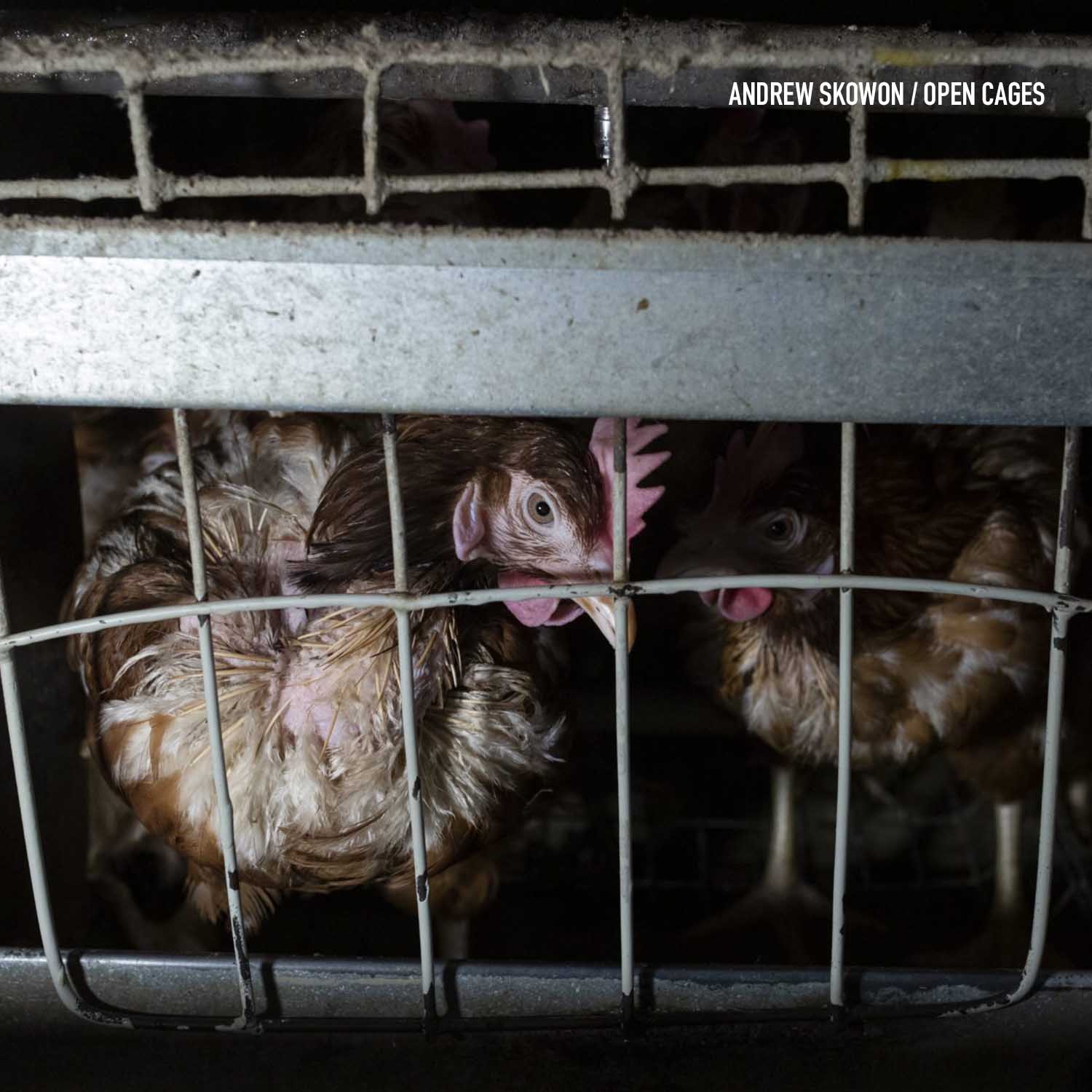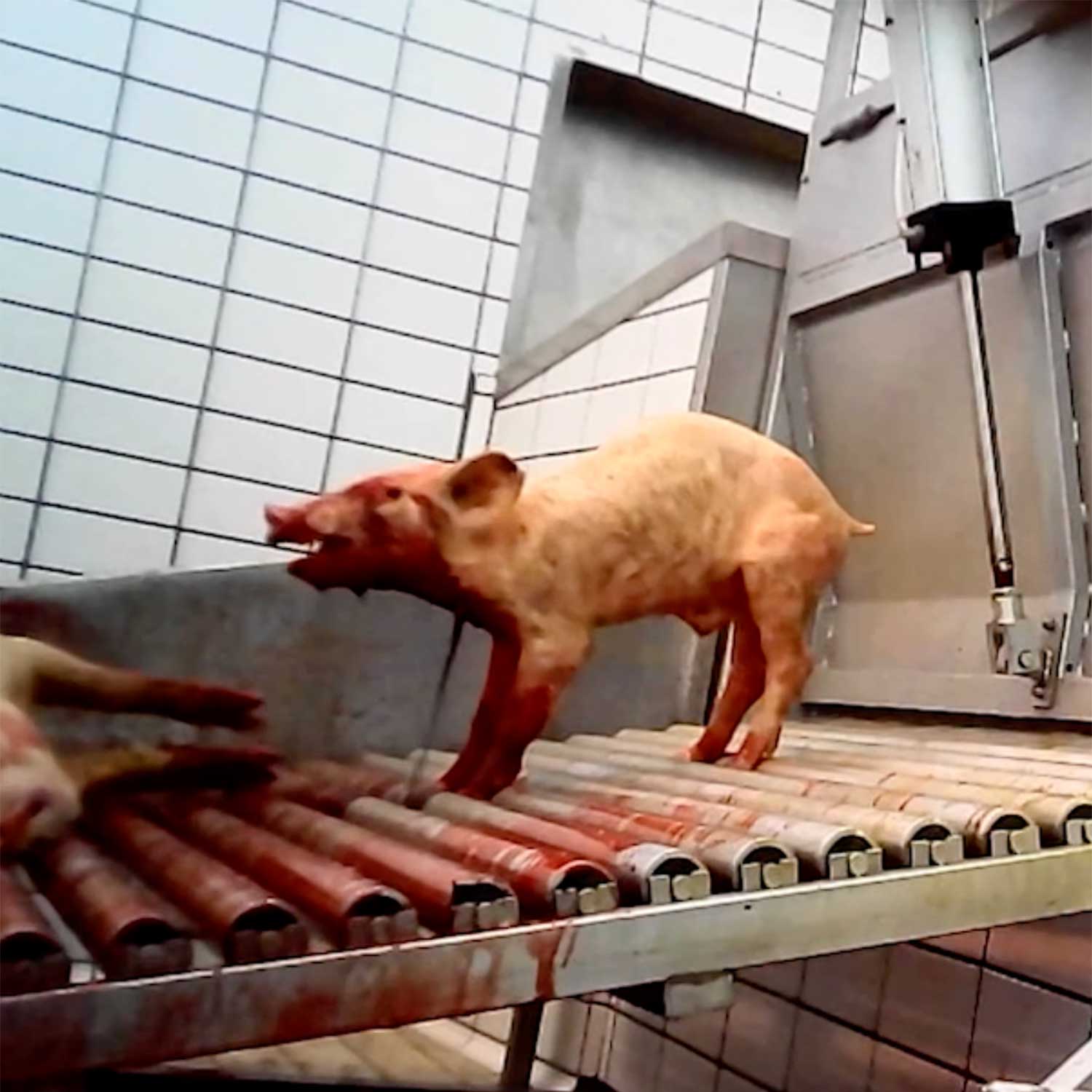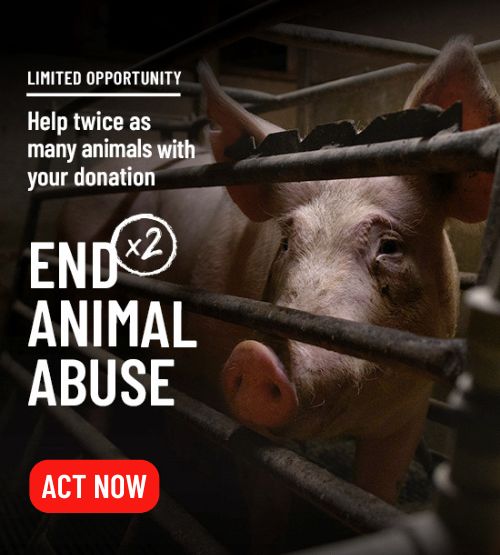Appeal Challenges Arkansas’ Unconstitutional ‘Ag-Gag’ Law


Advocates continue to fight law that penalizes whistleblowing on factory farms, other businesses in violation of the First Amendment
LITTLE ROCK, Ark. – Animal Equality, The Animal Legal Defense Fund, the Center for Biological Diversity, and Food Chain Workers Alliance filed an appeal today challenging Arkansas’ far-reaching “Ag-Gag” law, which unconstitutionally silences whistleblowers and prohibits undercover investigations that expose animal cruelty, pollution, and other abuses at factory farms and other businesses throughout the state.
Today’s appeal was filed in the U.S. Court of Appeals for the Eighth Circuit in St. Louis. It follows the lower court’s February dismissal of a lawsuit challenging the Arkansas law as violating the First and Fourteenth Amendments of the U.S. Constitution. Federal courts have ruled that Ag-Gag laws in Iowa, Idaho, Utah, Kansas, and Wyoming are unconstitutional on free-speech grounds.
The plaintiffs are represented by the Public Justice Food Project and in-house attorneys for the organizations bringing the lawsuit.
As the name suggests, Ag-Gag laws seek to “gag” would-be whistleblowers and undercover activists by punishing them for recording footage of what goes on in animal agriculture. The laws were originally designed to prevent the public from learning about animal cruelty, but also shield from the public from key information about environmental pollution.
Arkansas’ law, enacted in 2017, is especially expansive. Not only does the law allow agricultural businesses to sue whistleblowers who expose the cruel conditions animals endure in factory farms, the law also bans undercover investigations of virtually all private entities, including nursing homes and daycare centers. Whistleblowers can be liable for tens of thousands of dollars just for exposing the truth.
Sarah Hanneken, an attorney with Animal Equality, says:
“Every investigation we conduct provides new, critical insights into the realities of animal agriculture – an industry rife with issues of public concern. Without these insights, we are severely limited in our ability to effectively advocate for the interests of vulnerable individuals behind opaque industry walls.”
The public relies on undercover investigations to expose illegal and cruel practices on factory farms and slaughterhouses. No federal laws govern the condition in which farmed animals are raised, and laws addressing slaughter and transport are laxly enforced. Undercover investigations are therefore the primary avenue through which the public receives information about animal agriculture operations. Investigations also reveal health and worker safety violations. Factory farms and slaughterhouses are major polluters, so undercover investigations are important for learning about violations of environmental laws as well.
The appeal is available upon request.
For more information, visit aldf.org.







